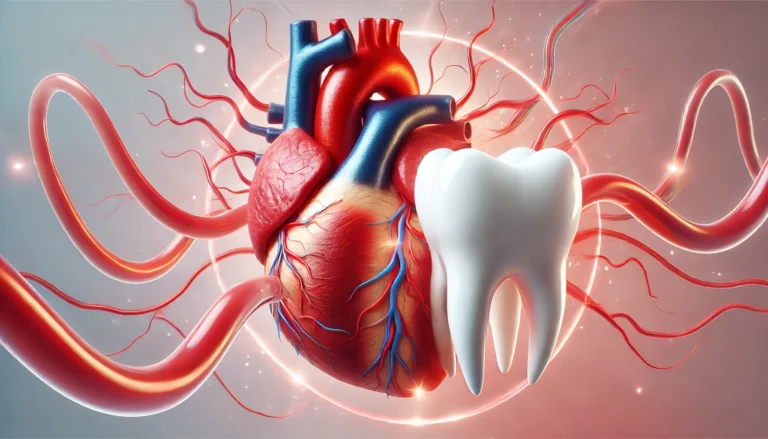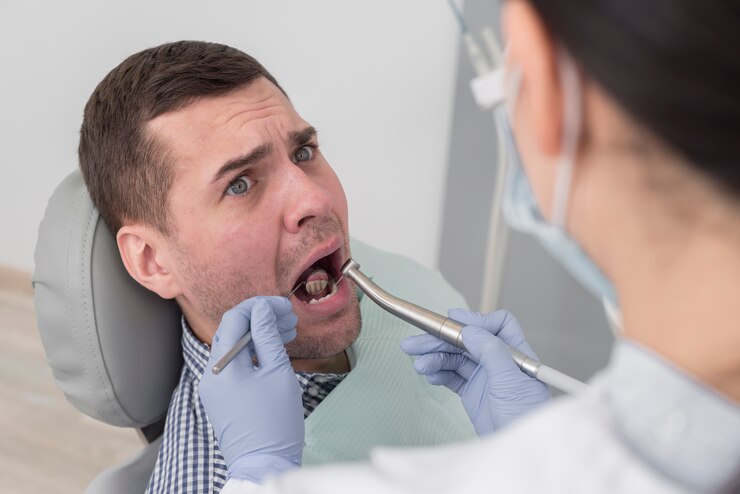Oral health is more than just keeping your teeth and gums healthy. It plays a significant role in maintaining overall health, including heart health. Recent studies show a surprising connection between poor oral hygiene and heart diseases, including heart attacks. Let’s explore this link in simple terms.
The Connection between Oral Health and Heart Health
Your mouth is a gateway to your body. It is filled with bacteria—most of them harmless—but poor oral hygiene can allow harmful bacteria to grow. These bacteria can enter your bloodstream and cause inflammation in various parts of your body, including your heart.
- Gum disease (periodontitis) can lead to chronic inflammation.
- Inflammation in the body is a major risk factor for heart diseases.
- Bacteria from the mouth can contribute to plaque buildup in arteries (atherosclerosis).
This combination increases the risk of cardiovascular diseases like heart attacks and strokes.
Scientific Studies Supporting the Link
- Journal of Periodontology (2018):
- Found that people with severe gum disease were twice as likely to suffer from heart diseases.
- American Heart Association (AHA):
- Reported that oral infections can trigger a systemic inflammatory response, worsening heart conditions.
- British Medical Journal (BMJ):
- Highlighted that improved oral hygiene reduced markers of inflammation like C-reactive protein, which is linked to heart health.
How Poor Oral Health Affects Your Heart
- Bacteria in the Bloodstream:
- Infections in your mouth, such as gum disease, allow bacteria to enter the bloodstream. These bacteria can attach to fatty deposits in the arteries, causing blockages.
- Chronic Inflammation:
- Inflammation from gum infections spreads throughout the body, putting extra strain on the heart.
- Endocarditis Risk:
- Harmful bacteria can infect the inner lining of the heart, leading to a condition called endocarditis.
Symptoms to Watch For
If you have gum disease or poor oral health, you may notice:
- Red, swollen, or bleeding gums
- Persistent bad breath
- Loose teeth or receding gums
- Difficulty chewing due to tooth pain
These signs could also indicate a higher risk for cardiovascular issues.
Tips to Protect Both Oral and Heart Health
Taking care of your oral health can significantly reduce the risk of heart diseases. Here’s what you can do:
- Brush and Floss Daily:
- Brush twice daily after breakfast & after dinner, floss only when food gets stuck in between teeth.
- Regular Dental Check-ups:
- Visit your dentist every six months for professional Plaque removal and early detection of issues & treat accordingly.
- Quit Smoking:
- Smoking damages both your gums and heart.
- Healthy Diet:
- Limit sugar and include heart-friendly foods like fruits, vegetables, and whole grains.
- Control Chronic Conditions:
- Manage diabetes, high blood pressure, and cholesterol, as these also affect oral and heart health.
Your oral health is closely linked to your heart’s well-being. Poor oral hygiene can lead to gum infections and inflammation that increase the risk of heart attacks. By maintaining good oral habits and visiting your dentist regularly, you’re not just protecting your smile—you’re also safeguarding your heart.
Take a step today for a healthier mouth and a healthier heart!









